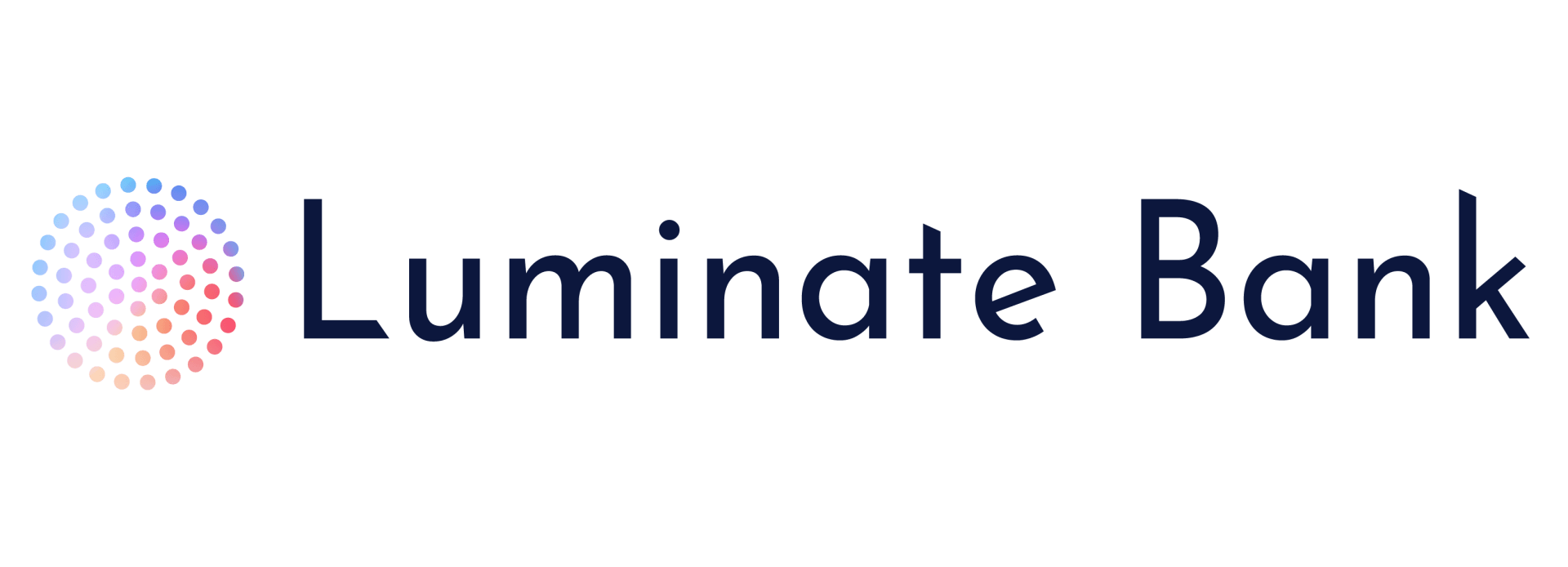Why More Homeowners Are Tapping Into Their Home Equity—And How You Can Make It Work for You
Why More Homeowners Are Tapping Into Their Home Equity—And How You Can Make It Work for You
If you're like many homeowners, you've probably noticed the buzz around home equity lines of credit (HELOCs) lately. With mortgage rates no longer at record lows and credit card debt on the rise, tapping into home equity has become a popular financial strategy. Instead of refinancing at today’s higher rates, homeowners are finding smarter ways to use their built-up equity—whether to pay off high-interest debt, fund home renovations, or invest in new opportunities.
So, why are more homeowners turning to HELOCs, and how can you use one to strengthen your financial future? Let’s dive in.
Why HELOCs Are on the Rise
Homeowners are taking out HELOCs at record levels. In fact, HELOC balances increased by $9 billion in the fourth quarter of 2024, marking eleven straight quarters of growth.
The trend is being driven by several key factors:
1. Homeowners Have More Equity Than Ever
Over the past few years, home values have surged, and so has the amount of equity homeowners are holding. The average homeowner with a mortgage now has about $311,000 in tappable home equity, meaning they have a significant financial resource built into their property.
But equity isn’t liquid cash—it’s tied up in your home. A HELOC offers a flexible, low-cost way to access that wealth without having to sell your house. It works like a credit line, allowing you to borrow as needed rather than taking out a lump sum all at once. That makes it especially useful for covering large expenses over time, such as home improvements, tuition, or medical bills.
If you’ve been sitting on a large amount of home equity, a HELOC could be the key to turning that value into something useful.
2. Credit Card Debt and Interest Rates Are Soaring
If you’ve noticed that credit card interest rates have skyrocketed, you’re not alone. The average credit card APR is now over 20%, which makes carrying a balance more expensive than ever. With the cost of living also rising, many homeowners are finding themselves juggling multiple high-interest payments—struggling to make real progress on their debt.
That’s where a HELOC comes in. Since HELOC rates are typically significantly lower than credit card rates, homeowners are using them to consolidate debt and reduce interest costs. Instead of paying 20% or more on credit card balances, they can transfer that debt to a HELOC and pay much less in interest.
This strategy not only helps you pay off debt faster, but it can also free up more of your monthly budget—giving you breathing room and financial stability.
3. Refinancing Isn’t as Attractive as It Used to Be
A few years ago, refinancing was an easy way to access cash from home equity while lowering your mortgage rate. But today’s market looks a lot different.
During the pandemic, many homeowners locked in mortgage rates below 4%, with some even securing rates in the 2-3% range. Now, with average mortgage rates hovering around 7%, refinancing means giving up that ultra-low rate—which isn’t appealing to most borrowers.
A HELOC provides a better alternative because it allows you to borrow against your equity without touching your primary mortgage. That means you can keep your existing low mortgage rate while still accessing the cash you need.
For homeowners who don’t want to trade in a great mortgage rate for a higher one, a HELOC is often the smartest option available.
4. HELOC Rates Are Becoming More Affordable
Interest rates on HELOCs peaked above 10% in early 2024, but they’ve been on a gradual decline. With the Federal Reserve adjusting policies and inflation cooling, many analysts predict that HELOC rates could drop further in 2025.
Additionally, many lenders are offering introductory HELOC rates that are much lower than standard variable rates. These temporary rate reductions can make borrowing even more affordable, especially if you plan to pay off your balance quickly.
If you’ve been considering a HELOC but were worried about rates, now could be a great time to lock in a competitive offer.
Smart Ways to Use a HELOC
A HELOC can be an incredibly powerful financial tool, but like any form of borrowing, it should be used strategically. Here are some of the best ways to put your home equity to work:
✔ Pay Off High-Interest Debt
One of the most common uses for a HELOC is debt consolidation. By transferring high-interest debt—like credit cards or personal loans—into a HELOC with a much lower interest rate, you can:
- Save thousands in interest costs
- Pay off debt faster
- Lower your monthly payments
If you’re stuck making minimum payments on a high-interest credit card, a HELOC can be a lifeline to get out of debt more efficiently.
✔ Invest in Home Improvements
Using a HELOC to fund renovations can be a smart long-term investment—especially if the improvements increase your home’s value. Popular projects include:
- Kitchen remodels
- Bathroom upgrades
- Energy-efficient improvements
- Adding a home office or extra living space
Not only do these upgrades improve your quality of life, but they can also increase your home’s resale value—making it a strategic use of your home equity.
✔ Build an Emergency Fund
Life is full of unexpected expenses, and a HELOC can provide a safety net when needed. Whether it’s medical bills, car repairs, or temporary income loss, having access to extra funds can bring peace of mind.
By using a HELOC as a backup financial resource, you can avoid the stress of relying on high-interest credit cards or loans in emergencies.
Beyond HELOCs: Growing Your Wealth with High-Yield Accounts
While a HELOC can provide financial flexibility, it’s not the only way to make your money work for you. If you’re looking to strengthen your financial position, consider high-yield checking and savings accounts:
Earn More on Your Savings
Traditional savings accounts often offer minimal interest, meaning your money isn’t growing as fast as it could. A high-yield savings account allows you to earn more on your balance, making it a smart way to build wealth over time.
Improve Business Cash Flow
If you’re a business owner, a high-yield checking account can help maximize your cash flow while earning competitive interest. This allows you to keep more of your money working for you rather than sitting idle.
Is a HELOC Right for You?
Not everyone will qualify for a HELOC, as lenders typically require:
- A credit score of 700+ for the best rates
- A debt-to-income (DTI) ratio under 43%
- At least 15-20% home equity
Before applying, consider your financial goals and how a HELOC fits into your broader wealth strategy. Whether you’re consolidating debt, making home improvements, or exploring investment opportunities, it’s essential to choose the right approach for your situation.
Final Thoughts
A HELOC can be a game-changing financial tool, offering homeowners a way to unlock their home’s value without giving up their low mortgage rate. But as with any financial decision, planning is key.
If you’re considering tapping into your home equity, take time to explore all your options—from HELOCs to high-yield accounts—and choose a strategy that supports your long-term financial goals.
Want to see how a HELOC could work for you? Connect with Luminate Bank today and start making your equity work for you.





